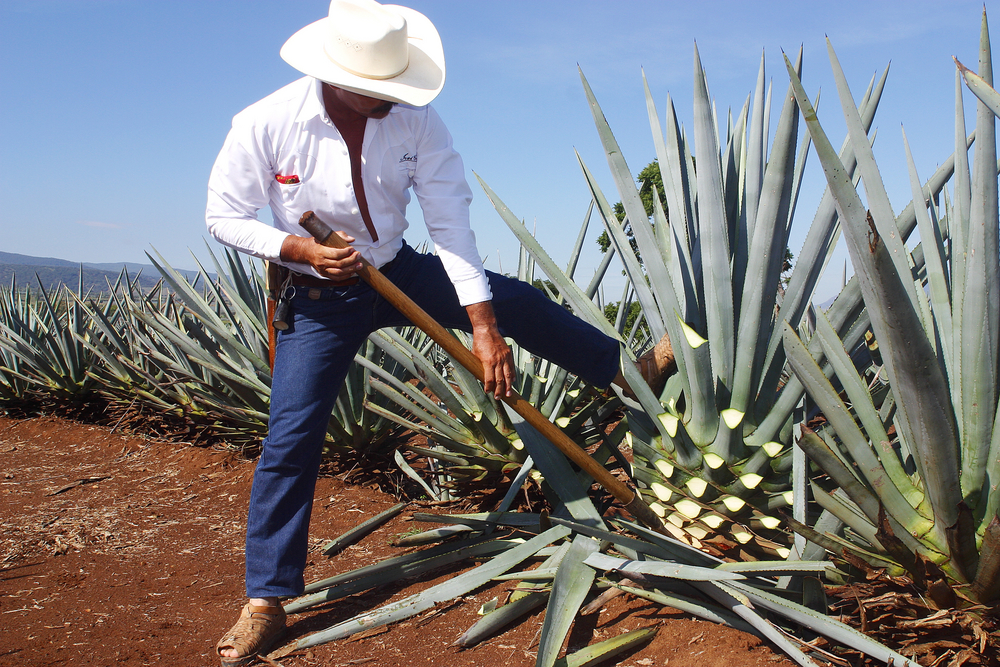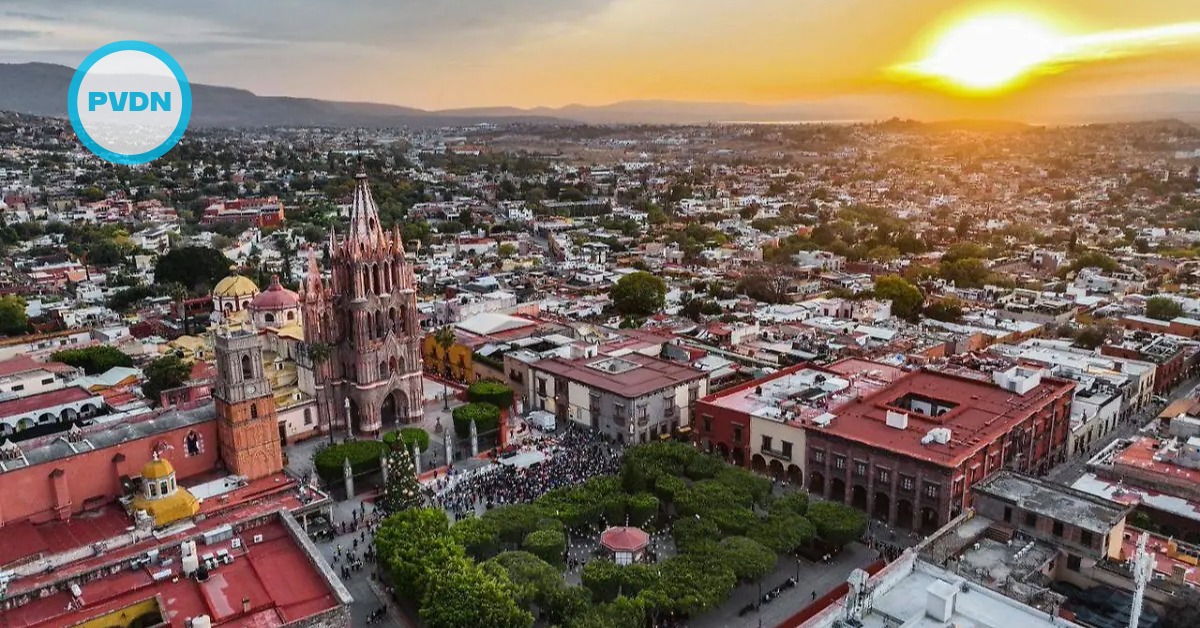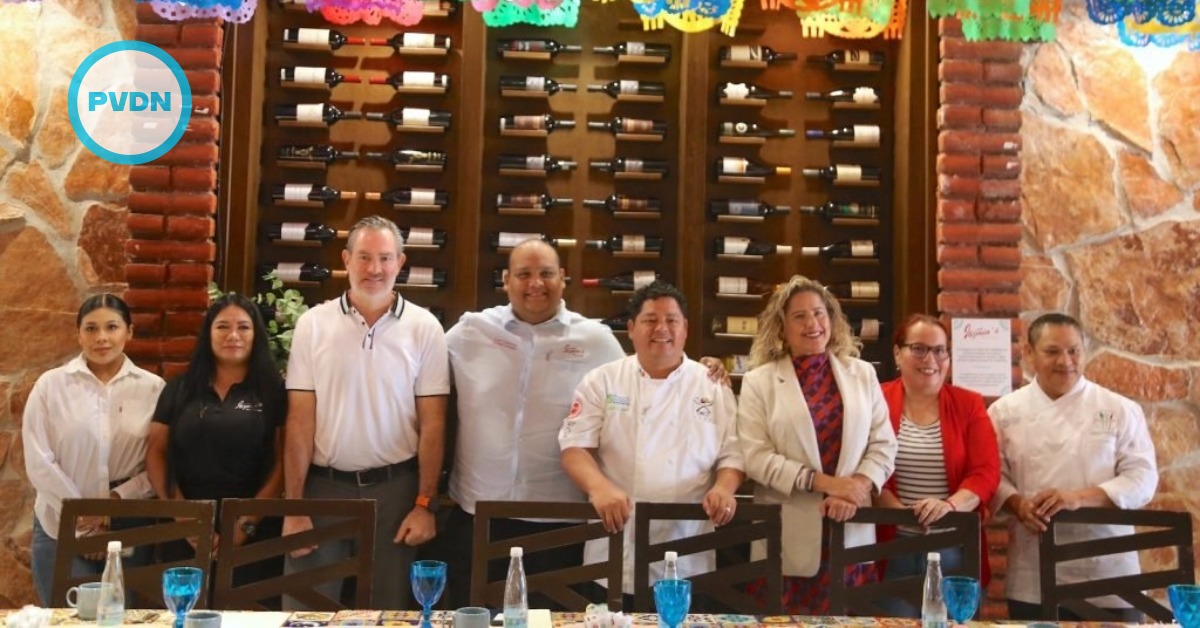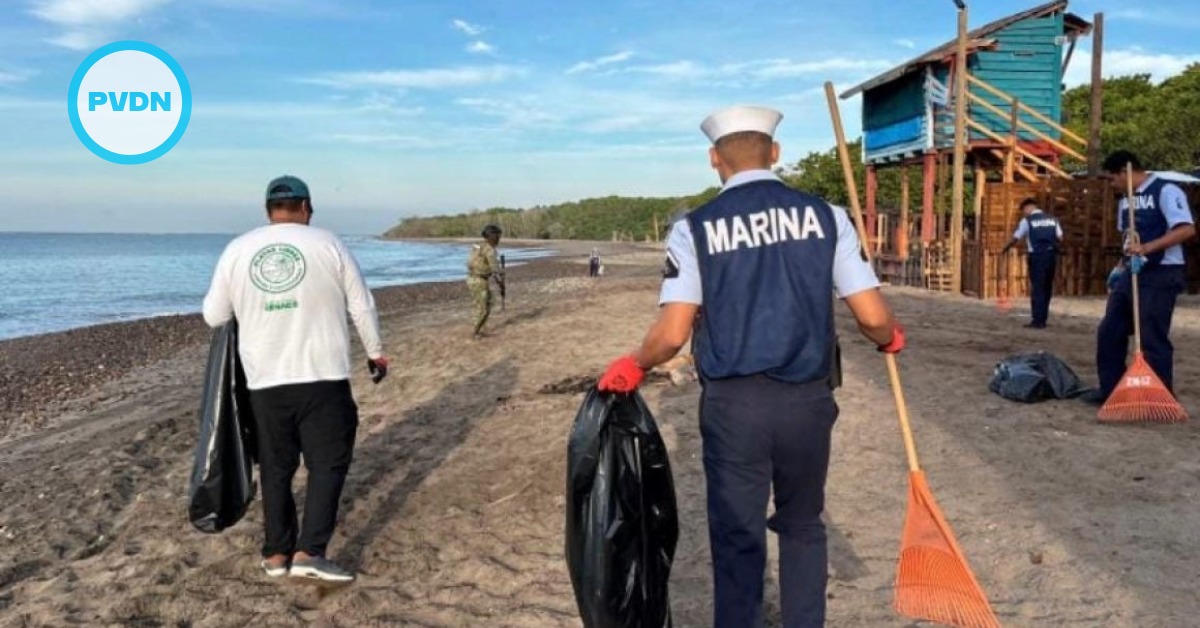In the heartland of the tequila industry, in Mexico’s western state of Jalisco, a worsening shortage of agave caused by mounting demand for the liquor from New York to Tokyo has many producers worried.
The price of Agave tequilana, the blue-tinged, spikey-leaved succulent used to make the alcoholic drink, has risen six-fold in the past two years, squeezing smaller distillers’ margins and leading to concerns that shortages could hit even the larger players.
In front of a huge metal oven that cooks agave for tequila, one farmer near the town of Amatitan said he had been . . .






